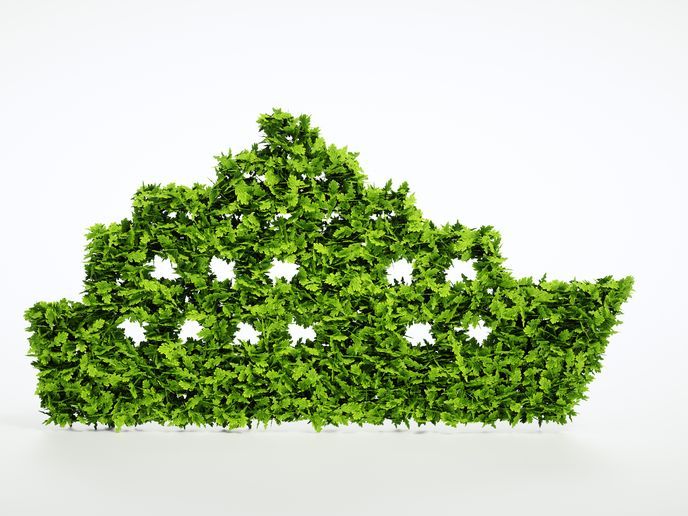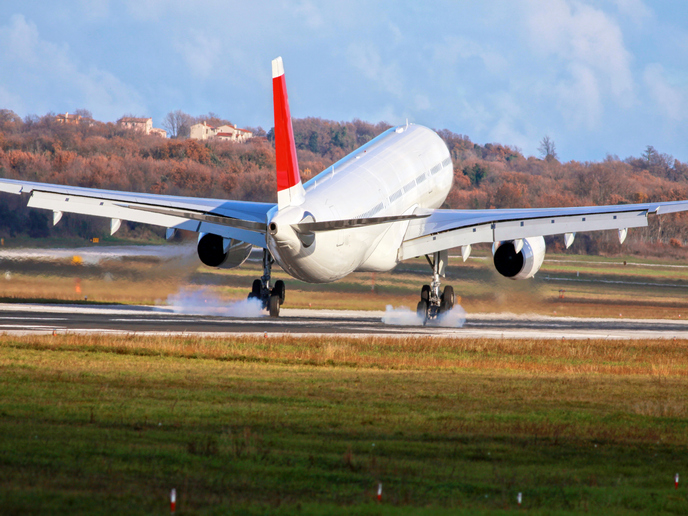Food waste to biogas
The project, 'Valorisation of food waste to biogas' (VALORGAS) , took advantage of fuel conversion technology to recover a second-generation gaseous fuel product. The project was able to overcome many challenges related to collection, handling, pre-treatment, and the anaerobic digestion (AD) of food waste. Researchers set out to evaluate the efficiency and yield of food waste collection scheme. They also determined the energy and carbon footprint of the conversion process. Finally, they wanted to better understand how AD works. The work began with data collection of food waste in selected regions in Europe. A small project was also conducted in India. The aim was to gain information about the properties of food waste and to identify any regional differences. The team then conducted a survey on food waste collections and carried out case studies on appropriates scales for AD in public and private communities. The project resulted in an increase in biogas production. This product may be used in combined heat and power plants and as a fuel for vehicles. Throughout the project, the team considered biosecurity issues and quantified the environmental benefits of nutrient recycling. This research has the potential to help the EU meet its long-term energy goals. By overcoming many problems associated with the AD technology, the team has opened the doors to more widespread use. In India, the work resulted in 22 recommendations for the development of small-scale biogas upgrading for the bottling industry. The data characterising food also has tremendous value. The information can help with planning for waste-processing facilities. Furthermore, the research and findings have contributed to the development of European guidance in the field of energy and the environment.
Keywords
Food waste, biogas, fuel conversion technology, anaerobic digestion, biosecurity, nutrient recycling, energy goals







